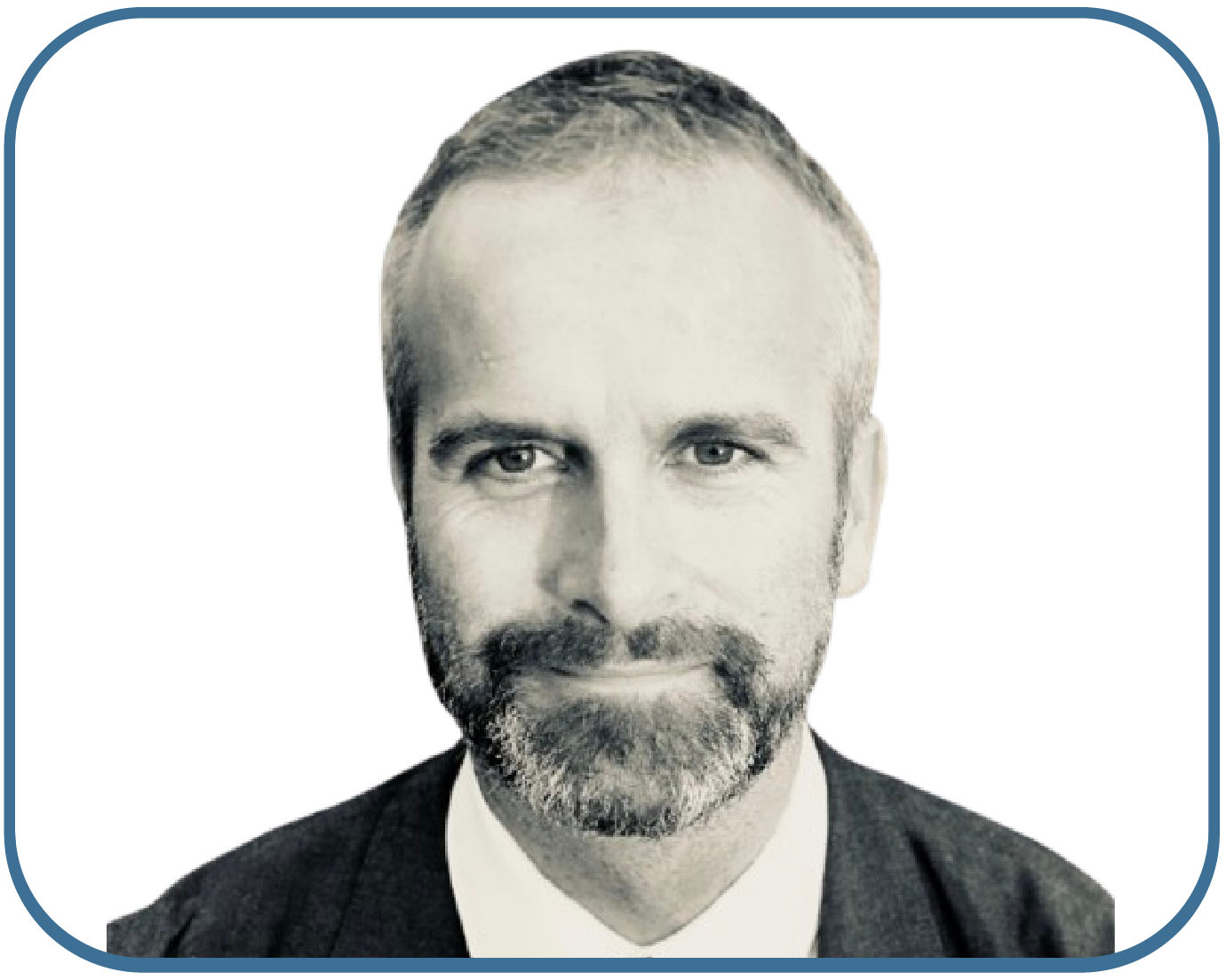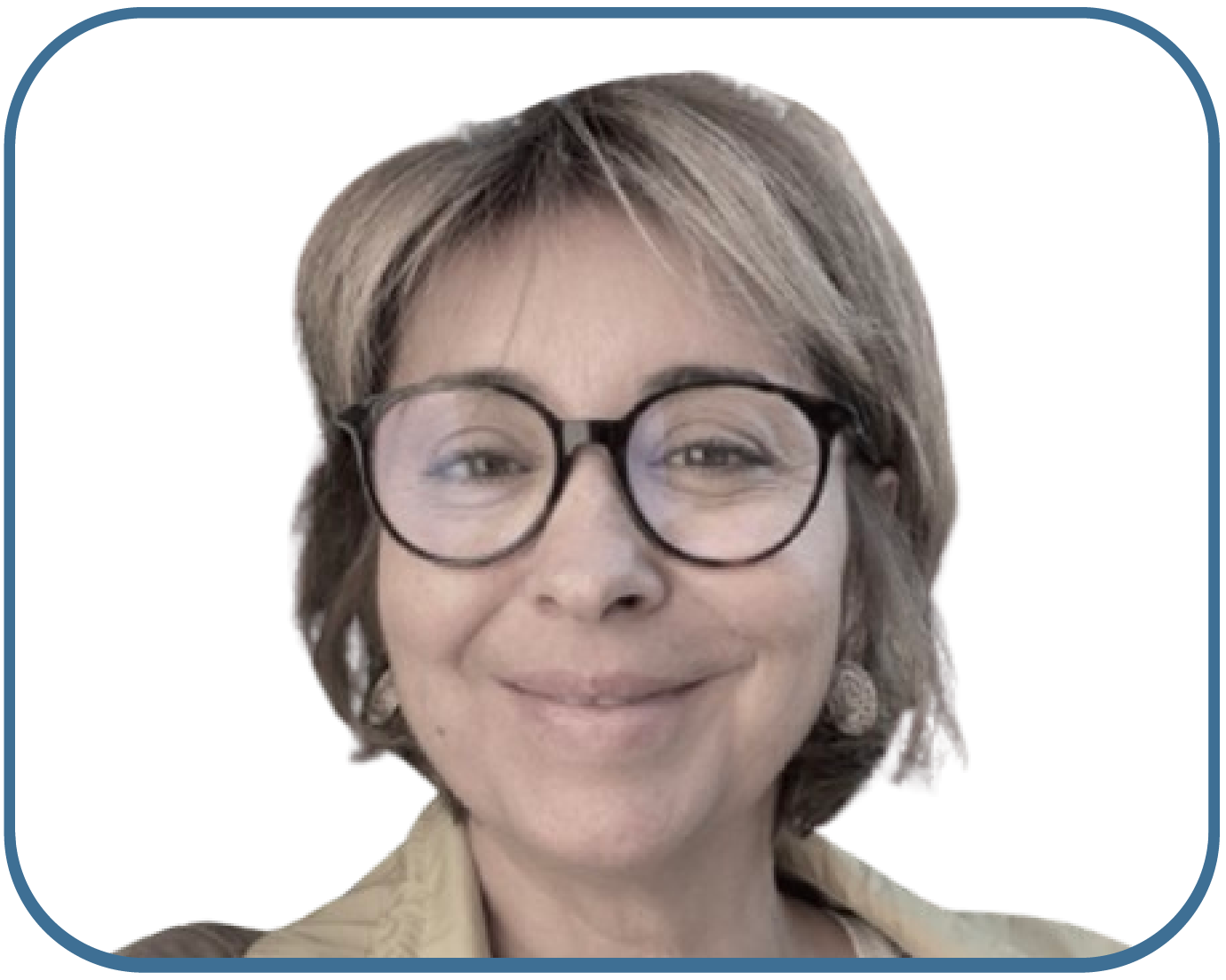Riyadh's Urban Catalyst:
Unbuild properties as a lever for sustainable neighbourhood transformation
Like many cities in Saudi-Arabia and the Middle East, Riyadh has experienced a rapid urbanization process, which led to the production of urban footprint that is spacious but overall generic. The unprecedented demographic and urban growth were met with supply-oriented urban development schemes, embedded in top-down and technocratic processes. Siloed planning approaches and regulations led to the production of urban environments that lacked integration between their physical and functional elements. The result is an urban fabric that often lacks human scale, with unused and empty spaces that have no clear function, leading to mono-functional neighbourhoods without a sense of belonging. It also led to fast horizontal growth, resulting in low-density developments and the prevalence of multiple white lands, which are vacant municipal and private properties located within the urban fabric.
Over the decades, fragmented planning processes and outdated regulatory frameworks have contributed to the development of such areas, where roads, plots, and buildings were not designed in an integrated or coordinated manner. These conditions, compounded by rapid urban expansion and reliance on old hand-drafted master plans, have resulted in a considerable number of undefined and hidden lands - urban voids and leftover parcels that have no clear classification, boundaries, or designated use. These areas represent "hidden spaces" within the city - lands that are difficult to identify, manage, or utilize within the current planning system.
This phenomenon has led to the fragmentation of the urban fabric, weakened spatial continuity between neighbourhoods, and reduced the efficiency of land use. Despite their dispersed and often invisible nature, these undefined lands represent a significant urban and regulatory gap that calls for a comprehensive understanding and a new urban pathway to reintegrate them into the city's development framework.
Within the broader goals of Saudi Vision 2030, which emphasizes liveability, quality of life, and human-cantered urbanism, this study aims to investigate, classify, and analyse these hidden lands, laying the foundation for a structured planning framework that enhances their role as active municipal assets and reconnects them to the urban fabric.
During the last decade, driven by Vision 2030, Riyadh and its planning institutions have commenced major investments in urban transformation programs. These provide an opportunity to develop innovative, consistent planning methodologies that enable the strategic redevelopment of white and undefined lands, ensuring their integration into neighbourhoods and strengthening community engagement.
To accelerate the development of the white lands and to increase the supply of developed land for urban programs, the Ministry of Municipalities and Housing will impose a tax on private white lands – supported by the Municipality - starting 1 January 2026. This creates a momentum for the Riyadh authorities to play a guiding role in ensuring the consistent, high-quality and sustainable development of white lands, through clear planning guidance, urban standards, and sustainability requirements.
As a host of the ISOCARP 2025 World Planning Congress, themed "Cities & Regions in Action: Planning Pathways to Resilience and Quality of Life", Riyadh continues to strengthen its commitment to learning networks and leadership training focused on human-centred urban planning and development. Through this special session, ISOCARP aims to foster continued collaboration between international experts and the Riyadh Regional Municipality(RRM) beyond the Congress, supporting local e in the design, implementation and management of the white and undefined lands as part of a sustainable and inclusive future..
The Specials Session has three parts, spread over two days: a walkshop to visit, experience and understand together the urban condition, opportunities and challenges of one or more sites; a workshop to assess, discuss and define urban development options and strategies; a public presentation and panel session, to present and conclude an action plan and recommendation for the Riyadh Regional Municipality (also called Amanah). Participants will be partly pre-identified, partly selected based on applications through an open call. The session targets 20-25 participants (excl. organisers), with a mix of local experts working in the Amanah and of international expert members from ISOCARP. The closing session will be public, where conclusions from the workshop will be presented, to be commented by invited panellists.
Organized by OSLUM and Riyadh Regional Municipality.
This session has limited capacity and requires registration. Selected participants have received an email notification with the results of the selection process.
Humanisation Track Leaders
|  Jens Aerts Jens Aerts |  Donzília Batista, Donzília Batista, |
|


